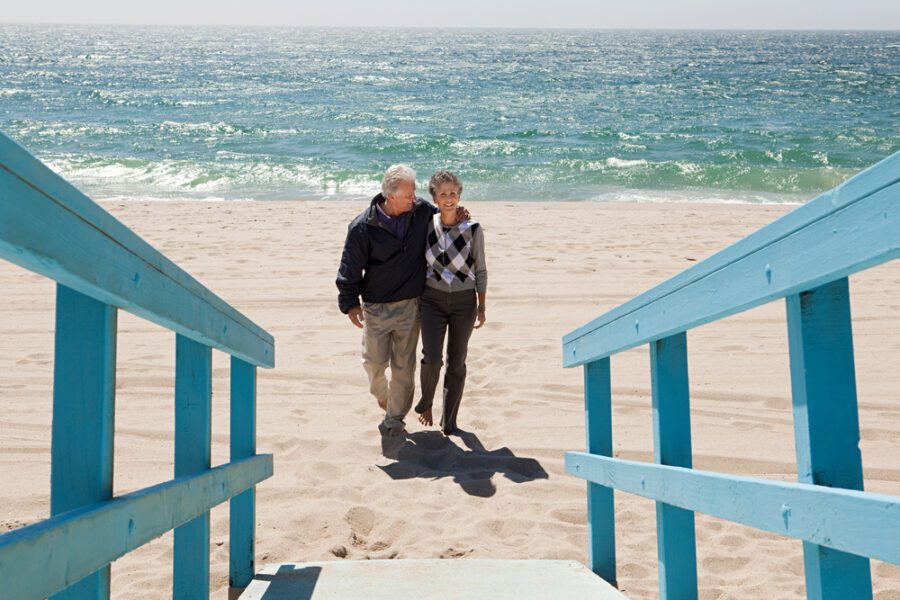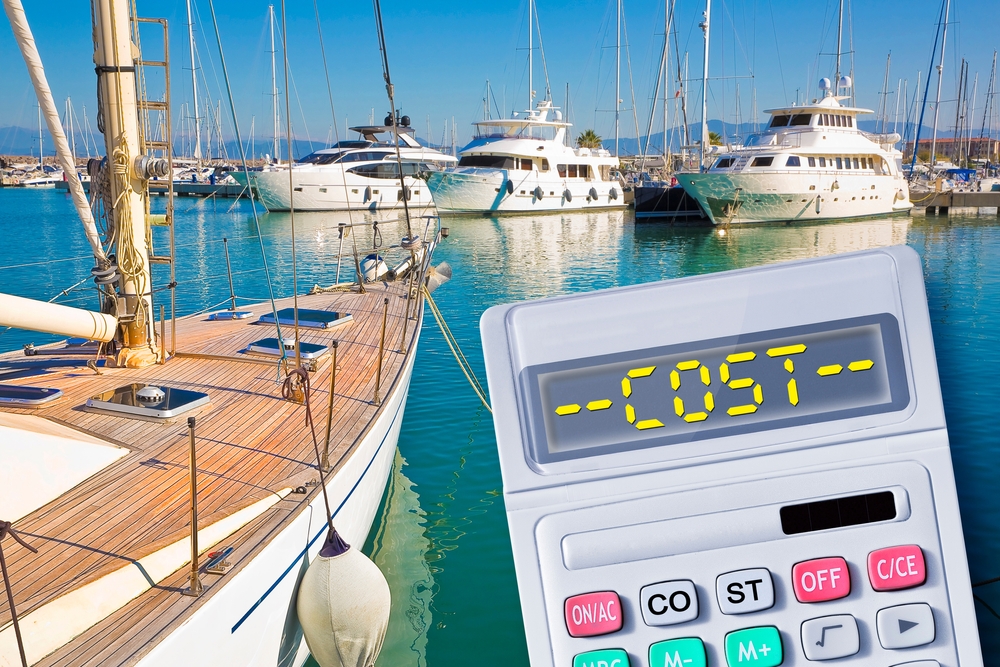
2. Portugal: European Charm and Coastal Breezes
For those dreaming of a European retirement without the high price tag of France or Italy, Portugal has become a top destination. This small country on the Iberian Peninsula offers a stunning coastline, historic cities, a world-class food and wine scene, and one of the best safety records in the world. It is a place where old-world charm meets modern convenience, and it is more affordable than many retirees realize.
The Cost of Living in Portugal
While not as inexpensive as Mexico, Portugal offers incredible value for Western Europe. A retired couple can live comfortably for $2,200 to $3,200 per month, especially outside of the major tourist hubs of Lisbon and Porto. In regions like the Algarve, famous for its beaches and golf courses, or in smaller inland cities, housing and daily expenses are quite reasonable.
You might find a nice two-bedroom apartment for rent for around $800 to $1,300 a month. A glass of good local wine can cost as little as a few dollars, and a delicious fresh seafood lunch at a local cafe is an affordable indulgence. The country’s excellent and inexpensive train system also makes it easy to explore without the cost of owning a car.
Healthcare in Portugal
Portugal boasts a highly-rated public healthcare system, the Serviço Nacional de Saúde (SNS). Once you become a legal resident, you are eligible to register with the SNS and receive care, much of which is free or very low-cost. This is a huge benefit for retirees. Many expats also choose to supplement the public system with private health insurance, which provides faster access to specialists and private hospitals. The cost for this private insurance is very affordable compared to U.S. standards, often running just a few hundred dollars per month for a comprehensive plan.
Visas and Residency
The most common path for American retirees is the D7 Visa, sometimes called the “passive income visa.” This visa is designed for individuals who have a reliable income from sources like pensions, Social Security, or investments. To qualify, you must show a minimum income that is tied to the Portuguese minimum wage. For a single person, this is currently around €820 per month (about $900), and more for a couple. You must apply for the D7 visa at a Portuguese consulate in the U.S. before you move. Once approved, you will get a temporary residency permit, which can be renewed and eventually lead to permanent residency and even citizenship.
Pros and Cons: The Portuguese Balance
The Pros are abundant. Portugal is consistently ranked as one of the safest countries in the world. The pace of life is relaxed and family-focused. The healthcare system is excellent and accessible. In the Algarve and Lisbon, English is widely spoken, which can ease the transition. The country’s beauty, from the golden beaches to the rolling hills of the wine country, is undeniable.
The Cons require consideration. First, the distance. Being an ocean away from family in the U.S. is a significant emotional and financial commitment. Flights are long and can be expensive. Portuguese bureaucracy is also notoriously slow. Patience is not just a virtue; it is a necessity when dealing with paperwork. While English is common in some areas, learning Portuguese is essential for deeper integration and handling official business. Finally, winters can be cool and rainy, especially in the northern half of the country, which can be a surprise to those expecting year-round sunshine.









